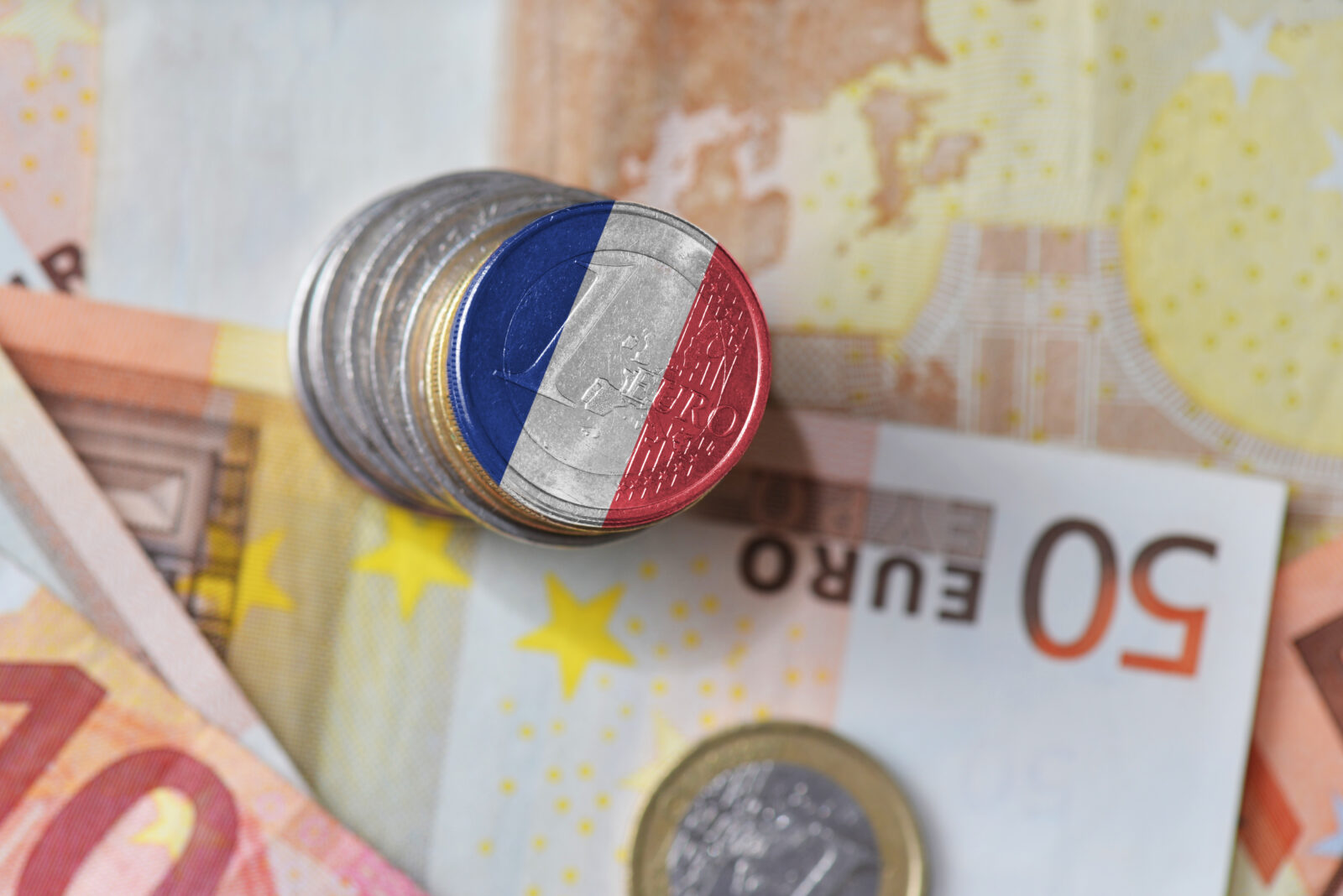Whether the time has come to sell your holiday home in the Spanish sun or you’re returning to live in the UK, don’t be daunted by the selling process – it’s similar to the approach you took to make the initial purchase, so draw on your buying experience. Or perhaps you want to sell a property you’ve inherited there during what is already a stressful period.
It’s currently a sellers’ market with demand continuing to outweigh supply, meaning properties are snapped up fast for a good price. You won’t struggle to find expert support out there to help take advantage. Spain’s status as a property investment hub means experienced professionals are on hand to walk you through the selling process.
Our step-by-step guide will help you understand how to sell your property successfully and safely – so you can cash in on favourable market conditions.

Do your maths
Before you list your property, it’s advisable to get an idea of how much your property is worth by researching the local market. This will give you an indication of how much you will be left with once you’ve paid off the mortgage. However, you won’t know the exact redemption amount – that’s the total outstanding – for your mortgage until you’ve exchanged contracts and know the completion date.
Three common mistakes to avoid
Selling a property overseas is as much about emotions, psychology and timing as it is managing legal and financial requirements. So, before you address the technical elements of your sale, channel your inner estate agent to avoid these three common selling slip-ups.
1. Overpricing the property
This is the number one mistake that sellers make. Don’t let your emotional attachment to your property override your common sense by setting an unrealistic asking price – because it won’t sell.
2. Selling at the wrong time
Avoid selling your property in July and August when flights are expensive and notaries offices are typically closed, delaying legal formalities.
The winter months can also create obstacles. People are less motivated to travel overseas, meaning there will be fewer buyers in the market and offers might fall below your asking price.
3. Not preparing for the sale
First impressions count, so get your property viewing ready by fixing any cosmetic issues and giving it a deep clean – either professionally or yourself. Put yourself in the buyer’s shoes: if you viewed a property that wasn’t clean or had a dripping tap, you would be less inclined to offer the asking price.
Seek professional guidance
From putting it on the market to preparing for viewings, the basic principles of selling a property are the same in Spain as almost anywhere. However, you will also have to contend with some technical elements, such as legal and financial regulations. To do so successfully, engage the services of professional experts – an estate agent, lawyer, independent financial adviser and currency specialist – early in the selling process, and factor in their costs.
Estate Agent
Choose a reputable estate agent that’s registered with a regulatory body in Spain. They will play a crucial role in helping you sell your property at the right price and without delay. They can also advise you on the best time to sell, and how to target expat buyers.
Decide if you want them to list the property exclusively or if you want to have a non-exclusive agreement so you can list with different agents. Exclusive agreements are typically cheaper and include more services such as professional photography and descriptions. Agents often collaborate, meaning they can arrange viewings with their buyers through your exclusive agent.
Lawyer
In Spain, it’s typical for an estate agency to have a legal department that includes this service in the sales fee – this in-house option can expedite the legal conveyancing process. If you opt to engage the services of an independent lawyer, choose one that specialises in property law, belongs to the local bar association, and speaks English.
Spain operates a ‘notarial system’. A notary – called ‘the notario’ – is a person authorised by you to perform certain legal formalities. Once you have accepted an offer, instruct your lawyer who will draw up a contract detailing the agreed terms.
If you can’t attend the sale personally, your lawyer should offer you a power of attorney service. Once granted, they can undertake the transaction and sign the deed on your behalf. The deposit is sometimes held by the agent, but in most cases it’s the lawyer who takes responsibility for safeguarding it.
Independent financial adviser
This unbiased financial expert can provide guidance around your tax obligations and help you reduce your overseas selling costs. For example, if you earn rental income on your Spanish property, you could be liable to pay capital gains tax when you sell.
Currency specalist
The role of your currency specialist in ensuring a successful sale is no less important than that of the other professionals you have on your side. It’s their job to shield the value of your international payments from the currency risk that’s created by fluctuating exchange rates.
At Lumon we understand that it’s impossible to predict how exchange rates will perform with certainty, making it prudent to plan for all eventualities. That’s why we assign you a dedicated account manager who will partner with you to manage your currency risk exposure proactively throughout the sale process – from paying the selling costs to transferring the lump sum from your property sale overseas.
For example, your dedicated currency specialist can help you leverage a forward contract. This allows you to lock in a current exchange rate for a future transfer, preventing your profits from being eroded between accepting an offer and completing the sale.

